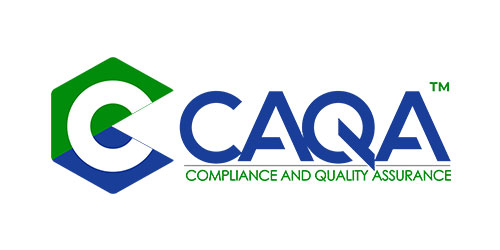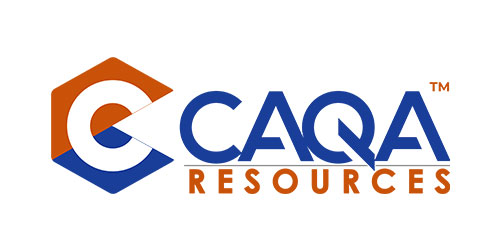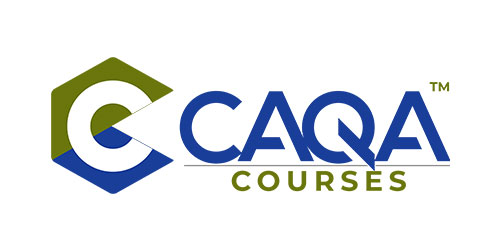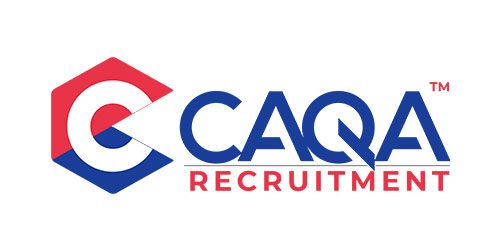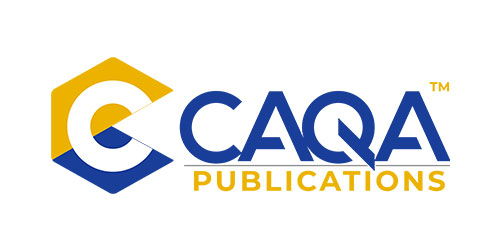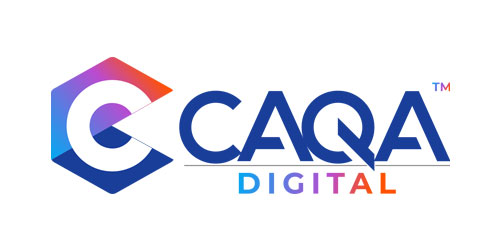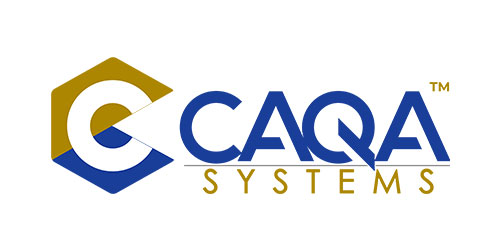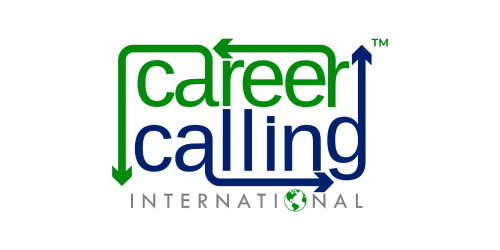
News
The VET industry has some serious concerns regarding the competency of ASQA’s officers and auditors. We would like to look into this with some facts, records and figures.
Qualified auditors with Senior VET Experience – are they qualified enough?
Unfortunately, the regulatory body has moved away from recruiting officers with a background in the education sector or even relevant industry experience to be able to effectively audit training organisations. Now questions have to be asked with regards to how auditors are selected and engaged by ASQA.
ASQA hires Lead Regulatory Officers to lead and supervise audit teams; make recommendations about RTOs compliance; make recommendations for the Commissioners but, as shown below, successful applicants are not required to hold the legislated mandatory qualifications.

If applicants do not hold the legislated qualifications at the time of engagement what process does ASQA use to put their regulatory staff through their qualifications?
According to AQF guidelines, Certificate IV and Diploma require a minimum of 1.5 years/1800 hours, up to 4 years in total/4800 hours to complete. So, does that mean that ASQA staff receive 4 years of training before they are in a position to recommend the shut down of Australian companies? Who issues the qualifications? Who are the RTOs?

When Mark Paterson, AO, commented on the first-ever strategic review as Chief Commissioner, “a review of issues relating to unduly short training”, did anyone review ASQA’s own recruitment practices or compliance with the Australian Qualifications Framework (AQF) and other relevant guidelines?
Auditor interpretation and decision consistency: Forget nationally consistent decisions, two auditors cannot reach the same decisions
No two auditors think or act the same way. We were shocked to see how inconsistent their findings and views are on the same clause and regulatory standard. If these auditors have such a difference in opinions then how can a regulatory body comply to its core values and source or even its existence?
ASQA was established on the following grounds under the National Vocational Education and Training Regulator Act 2011:
The Section 2A Objects of the Act:
The objects of this Act are:
(a) to provide for national consistency in the regulation of vocational education and training (VET); and
(b) to regulate VET using:
(i) a standards‑based quality framework; and
(ii) risk assessments, where appropriate; and
(c) to protect and enhance:
(i) quality, flexibility and innovation in VET; and
(ii) Australia’s reputation for VET nationally and internationally; and
(d) to provide a regulatory framework that encourages and promotes a VET system that is appropriate to meet Australia’s social and economic needs for a highly educated and skilled population; and
(e) to protect students undertaking, or proposing to undertake, Australian VET by ensuring the provision of quality VET; and
(f) to facilitate access to accurate information relating to the quality of VET.
A common misconception in the industry is that ASQA exists to protect and promote quality in the sector. However, the act clearly outlines, it exists to protect and enhance quality, it exists to provide national consistency in its decisions, it exists to encourage and promote a VET system that provides quality, flexibility and innovation.
We believe all decisions where two auditors have not reached the same conclusion or outcome should be considered as “null and void”. These decisions should not have any legal or ethical standing.
Not having nationally consistent decisions – Are not these clear signs of the incompetence of the regulatory officers and auditors?
If two auditors cannot agree on something and provide completely contradictory statements and judgements, then how can this current regulatory body provide for national consistency in the regulation of vocational education and training (VET); and regulate VET using: (i) a standards‑based quality framework; and (ii) risk assessments, where appropriate; and (c) to protect and enhance: (i) quality, flexibility and innovation in VET; and (ii) Australia’s reputation for VET nationally and internationally; and (d) to provide a regulatory framework that encourages and promotes a VET system that is appropriate to meet Australia’s social and economic needs for a highly educated and skilled population; and (e) to protect students undertaking, or proposing to undertake, Australian VET by ensuring the provision of quality VET; and (f) to facilitate access to accurate information relating to the quality of VET.
How many of these requirements is ASQA currently meeting?
Is ASQA able to provide national consistency in the regulation of vocational education and training (VET) even after eight years of registration?
Is ASQA able to regulate VET using a standards‑based quality framework; and risk assessments?
Is ASQA able to protect and enhance (i) quality, flexibility and innovation in VET; and (ii) Australia’s reputation for VET nationally and internationally?
Is ASQA able to provide a regulatory framework that encourages and promotes a VET system that is appropriate to meet Australia’s social and economic needs for a highly educated and skilled population?
Is ASQA able to protect students undertaking, or proposing to undertake, Australian VET by ensuring the provision of quality VET?
Is ASQA able to facilitate access to accurate information relating to the quality of VET?
Please note this situation becomes immensely interesting even when the same ASQA auditor gives two different judgements on the same resources within a period of a few months.
Errors of gigantic portions
-
Is ASQA allowing, encouraging and promoting its officers to make errors in so called “good faith”?
-
Where are the performance reviews of the officers working in the vocational education and training sector?
-
Why has no disciplinary action been taken with officers misusing their position and power?
ASQA Audits
-
What kind of rigour is used to review the documents and information provided to ASQA during the audits? Who checks the documents during a desk audit? Are these auditors or ASQA officers making decisions? What checklists or criteria do they check the information against?
-
There was a case where ASQA officers could not read the name of the RTO staff members in the ASQA auditor’s report and internal documents and refused an RTO application. What actions have been taken to ensure this doesn’t happen again?
-
How can ASQA review the documents of an organisation, confirm that they are compliant in writing, approve them for providing training and assessment and then six months later (after the initial audit) shut them down or use sanctions to disadvantage the RTO?
If the training package and the qualifications have not changed and the training and assessment material was previously audited and deemed compliant, how can this be possible? Was the initial assessment of the RTOs training and assessment material not properly conducted? If an ASQA representative makes a mistake at the initial audit then who should be held responsible? If ASQA made mistakes at the following audits then where is the consistency in the system?
ASQA Audit Practices
-
Why does ASQA not allow audits to be recorded? If audits are conducted in a compliant professional manner then why is this a problem?
-
Why are comments outside of the scope of audit allowed to be made during audits?
-
How is ASQA ensuring procedural fairness and transparency in its decisions?
-
What risk management approach is ASQA using? After eight years, it appears that the core issues of the VET training system have still not been resolved.
-
Why there is no consistency, parameters and timelines in terms of when training representatives are audited and provided with audit reports?
-
Are ASQA audit practices auditor-centred, rather than system-centred? Are auditors auditing outside the regulatory framework and guidelines?
Conflict of Interest
-
How can an auditor, representing a Government body not a private regulatory body, be allowed to work in an organisation they have been auditing after only a six-month gap?
-
How can consultants be allowed to become auditors and then again go back to work as consultants in the sector and then again be engaged by ASQA?
-
If there are “fit and proper person requirements” for training representatives and high managerial agents, what requirements are applicable for ASQA officers and auditors? A number of these officers have been part of training organisations, either as consultants or employees, that have been closed down and had critical non-compliances and unfavourable compliance outcomes.
-
Why are government officers allowed to provide consultancy services to RTOs? When and where do we draw the line for a conflict of interest?
Audit Reporting
-
Why are all audit reports not available on ASQA’s website?
 1800 961 980
1800 961 980 info@careercalling.com.au
info@careercalling.com.au












